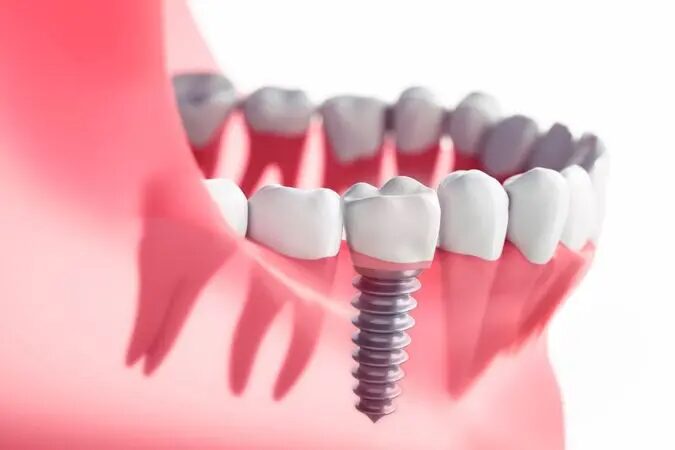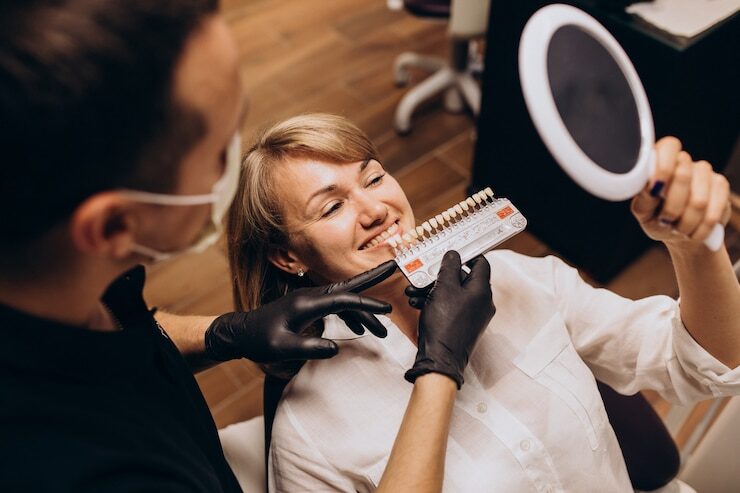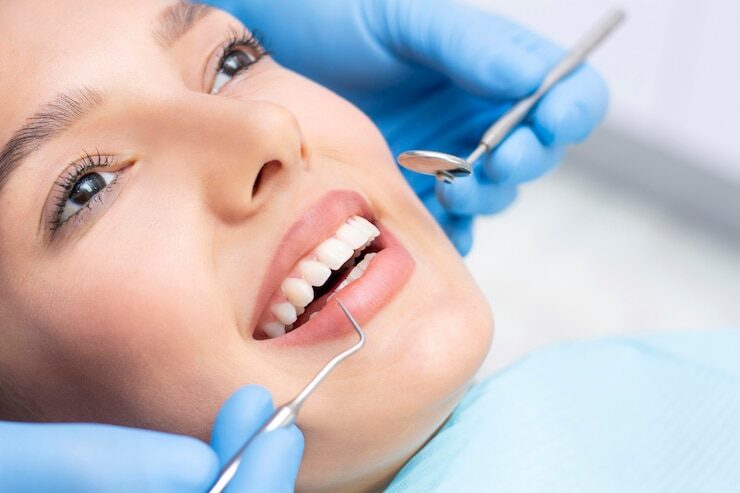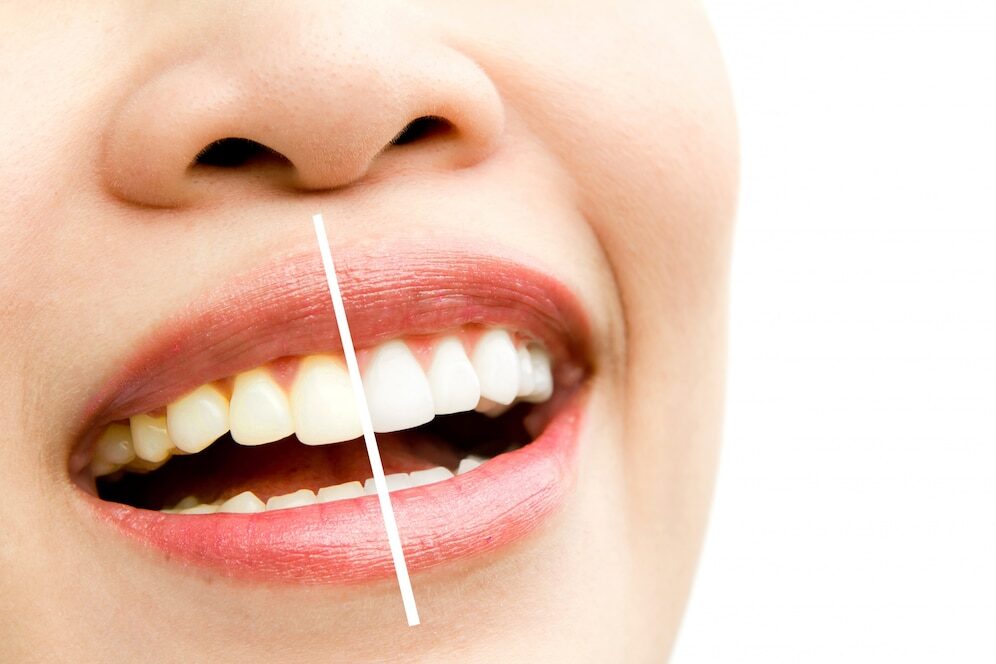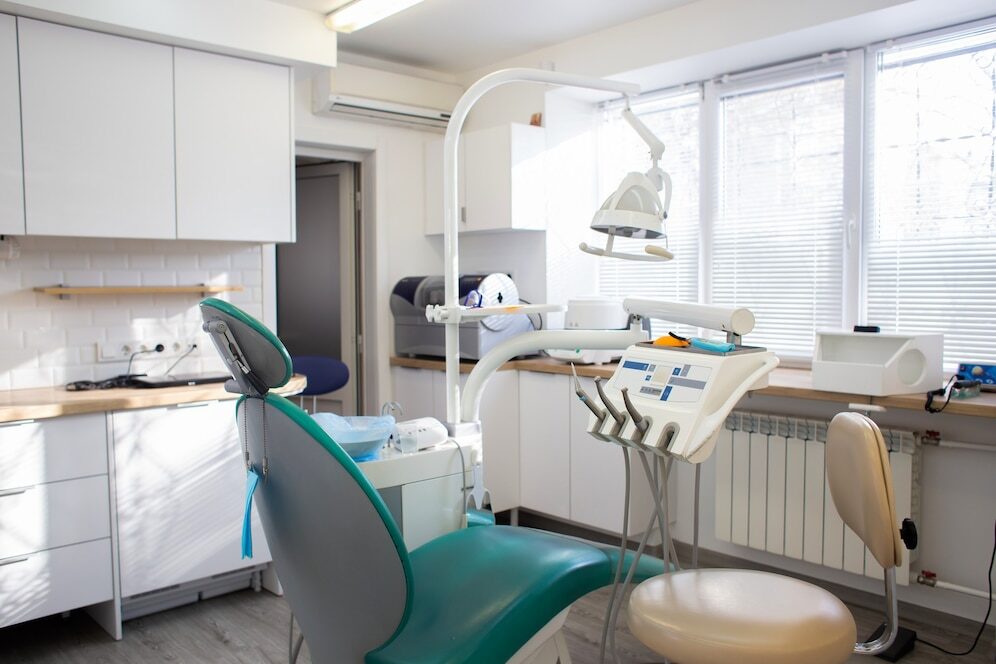Wisdom tooth extraction is a common procedure, but eating a healthy diet full of soft foods, following your dentist’s instructions, and managing your self-care is important to healing. Food and bacteria must not become trapped in the suction area and cause infection or complications. Wisdom teeth are also called third molars. They grow behind the gums and are usually the last teeth to appear. Most people have four wisdom teeth, one in the corner behind the mouth. However, because there is little space in the back of the mouth, wisdom teeth may grow at odd angles or only partially. These are called impacted wisdom teeth.
Adequate nutrition is very important after wisdom tooth extraction. A nutritious diet minimizes the risk of complications, reduces swelling, provides nutrients, and supports the wound-healing process. In this article, we will explore six foods that are highly recommended during wisdom tooth extraction recovery. Let’s dive in!
Foods to eat during Wisdom Tooth Extraction Recovery
Blended Soups
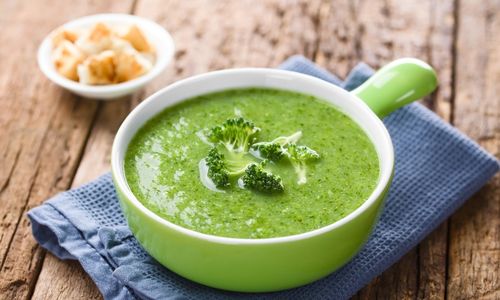
Mixed soups such as tomato and pumpkin soup are great to eat after a wisdom tooth extraction. They are easy to consume and contain no parts that can irritate the surgical site. In addition, soups are generally rich in vitamins and minerals. This ensures that you can meet your daily nutrition recommendations, even if you can’t eat whole fruits and vegetables. Mixed soups are also very important for post-surgery hydration. Hot soup may irritate, so it is recommended that the soup be served lukewarm or cold. Also, to avoid lumps, blend vegetable-based soups as smoothly as possible.
Broths
Broth contains various vitamins and minerals. Plus, if you’re struggling to drink enough water, the broth is a great way to stay hydrated. A highly nutritious broth made from boiled-down animal bones and connective tissue. Drink the broth lukewarm or cold to avoid irritation.
Greek Yogurt
Greek yogurt is a nutritious, high-protein food that you can enjoy after dental surgery. With its smooth, creamy texture, it soothes and numbs the palate. Greek yogurt is rich in protein, vitamins, and minerals such as calcium and zinc. High Protein Foods Support the Recovery Process. Some studies have linked a low-protein diet to slower recovery.
Mashed Potatoes
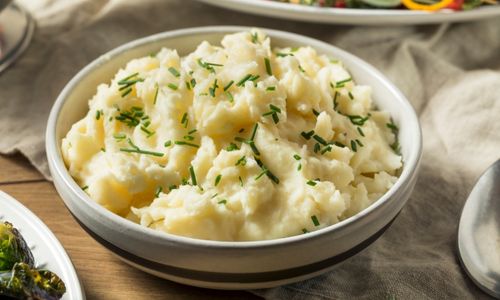
Potatoes are root vegetables that can be cooked in many different ways. Mashed potatoes in particular are a soothing treat after wisdom teeth extraction. High in calories and nutrients, both important for recovery. This is because energy requirements are slightly higher after surgery. Mashed potatoes are great for when you can’t eat enough because they give you a ton of nutrients and energy in just a few mouthfuls. Keep mashed potatoes lukewarm or cold as hot food can irritate wounds.
Scrambled Eggs
Eggs are one of the best foods to eat after wisdom tooth extraction. They are a source of high-quality protein rich in vitamins and minerals. When buying eggs, look for pasteurized or omega-3-fortified eggs. Omega-3 fatty acids support wound healing. Scrambled eggs may be easier to chew and swallow than other egg dishes.
Mashed Bananas
Banana is one of the most popular fruits in the world. Its soft texture makes it easy to chew and swallow even after dental surgery. In addition, bananas are highly nutritious and provide various vitamins and minerals such as potassium, vitamin B6, manganese and folic acid. Mashing bananas soften their texture even more, reducing the risk of discomfort.
Avocado Smoothies
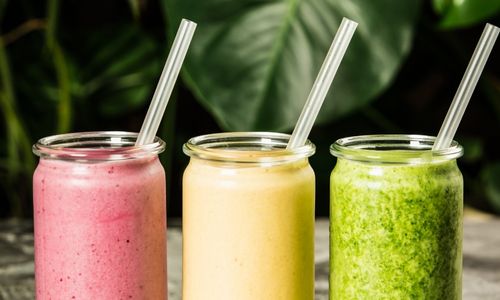
They are easy to consume and extremely versatile. Personalize your smoothie ingredients to meet your nutritional goals. For example, a Greek yogurt smoothie or a scoop of protein powder can greatly increase your protein intake, which is important for recovery. Studies show that low protein intake can hamper the recovery process. Try adding fruits and vegetables to your blender along with your favourite protein. It’s best to use seedless fruits, so avoid things like strawberries and blackberries.
Cottage Cheese
Cottage cheese is low in calories and rich in vitamins and minerals. It’s soft and creamy, making it easier to chew and swallow while recovering from wisdom tooth surgery. In addition, cottage cheese is rich in proteins that support wound healing. Cottage cheese is easy to incorporate into your diet. Try adding it to scrambled eggs or smoothies.
Foods to avoid after Wisdom Tooth Extraction
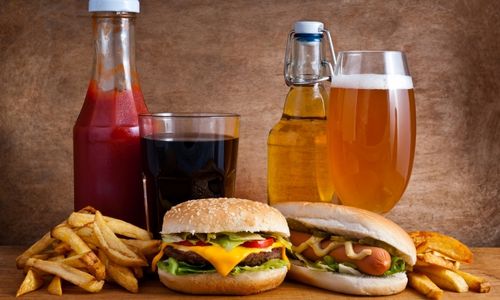
- Spicy and hot food (may cause pain and irritation)
- Crunchy food ( may get stuck in the wound area which will result in slow and painful healing)
- Acidic substances (they can cause discomfort and infection)
- Chewy food (it can increase the possibility of you biting your cheek, tongue and lips especially soon after the surgery when your mouth is numb)
- Dry socket: it is a painful condition in which the clot protecting the area where the tooth was removed becomes dislodged.
- 12 Free Consultations
- 10% off on all Treatments
- 1 Free Smile Assessment
Problems and Complications after Removal
Infections
- Yellow and white discharge
- High temperature
- Swelling after 4 or 6 days
You can prevent infections by using antiseptic mouthwashes.
Dry Socket
It is a painful condition in which the clot protecting the area where the tooth was removed becomes dislodged. If a dry socket occurs, a person should contact the dentist or surgeon who removed the tooth for a follow-up.
Numbing of Jaw
As wisdom teeth are near the nerves so while removing there is a possibility that the nerves can be injured during removal which can cause paresthesia (numbing of the lower jaw, lip, and tongue).
Conclusion
In conclusion, following a proper diet is paramount during wisdom tooth extraction recovery. By incorporating soft foods and liquids, consuming foods rich in vitamins and minerals, opting for protein-rich options, including anti-inflammatory foods, and staying hydrated, you can aid the healing process and minimize discomfort. Remember to consult your dentist or oral surgeon for specific dietary recommendations based on your unique situation.
Book your appointment now at Dant Suraksha Dental Clinic for personalized recommendations.


